EXEMPT ATHLETES REQUIRED TO TAKE STUDY HALL: Full season PE exemptions to be dismissed
March 12, 2018
Three weeks into second semester a counselor visits junior Audrey Guerin’s English class to advise scheduling for the 2018-19 school year. This being her third year hearing the spiel, the counselor’s voice fades while she focuses on filling out her schedule request sheet.
Guerin is exempt from her PE class this year because she participates in a varsity sport. She takes a study hall in its place. However, next year she planned on taking Contemporary American Issues and Sociology of Gender.
After writing in these final two classes, she places her pencil down in satisfaction. The counselor is talking about a change in the PE exemption policy and a wave of dismay washes over Guerin. To her surprise, she learns her initial plan of exempting for two full semesters is no longer an option.
Pending board approval, next school year District 99 will require athletes with PE exemptions to return to their PE class from a study hall right after their formal IHSA season ends. This leaves athletes who wish to take a class instead of a study hall out of luck. The new policy will be voted upon during two board meetings: the first reading in March and the final approval in April.
Reasons behind the change
The state law regarding how exemptions work has not become more strict. In August, Illinois passed language that makes earning a PE exemption easier by making grades 7-12 eligible.
According to Senate bill 1947 that was passed in August 2017, “A school board may also, on a case-by-case basis, excuse pupils in grades 7 through 12 who participate in an interscholastic or extracurricular athletic program from engaging in physical education courses.”
Prior to SB1947, only athletes grades 11 and 12 could be excused from PE, and only for participation in an interscholastic athletic program. SB1947 added extracurricular athletic programs to the list.
“Anytime a law has changed, that’s what kicks off the review process. You go and you make sure that our language in the policy matches what the law says. That’s the practice. But as you do that, you also look through the whole policy and it’s a chance to review your practices. In the process of reviewing this policy we also reviewed our practices and realized our ongoing practices didn’t match the intent of this law,” Superintendent Dr. Hank Thiele said in an Omega interview.
This new policy was introduced after administration’s review process of Senate Bill 1947. However, the new senate bill allowed more students to exempt for more reasons. It added the years in school, and also added the word “extracurricular”.
The district did not explain how the old policy was out of compliance. The Omega repeatedly requested evidence that the past policy violated the law, but the district responses were vague. The PE department chair Courtney White was also part of the formation of the new policy, and helped present it at the Board of Education meeting on Jan. 22. White declined comment for this story.
This new policy would restrict athletes in the amount of time they can exempt PE, but it opens up exemptions to the whole school. Instead of just excusing grades 11 and 12, all high school varsity sport members are able to exempt their PE classes during the IHSA season.
“I think opening exemptions up to sophomore and freshman at the varsity level is reasonable because no matter what grade you are, you are putting in the same amount of work,” Guerin said.
Starting next year, exempting athletes will be placed in a PE course and a study hall during the same period. On days when they are in season, determined by the IHSA standards, athletes report to their study hall. But on the days when they are out of season, they report to their PE class.
This is the way exemptions are run in every other school in the West Suburban silver conference. However, most of the other schools don’t count their PE classes towards student’s GPA. Therefore, although the students grade might be affected due to their limited time in the course, it won’t have any effect over their academic performance overall. But as of this point, the new policy has made no change to the grading portion of PE, so the class will still affect their GPA.
The amount of days athletes report to their PE class will determine whether they take the final at the end of the semester. The amount of days athletes have to attend to opt out of semester exams has not been finalized, along with many other parts of the policy.
Depending on the sports the athlete plays, they potentially may not attend their PE class at all if they are always “in season” by IHSA standards. For example, an athlete who is on varsity cheerleading as well as varsity track would be in season all year according to IHSA. In this case, the student would not receive a grade in their PE class because they would never physically be present in the class.
At the Jan. 22 Board of Education meeting, Thiele along with assistant Superintendent Gina Ziccardi, shared the policy with the board and community. To start this 30-minute discussion, they introduced the changes being made to the long-standing PE exemption policy.
During the discussion, board members freely questioned the logistics of the new policy. Board members’ concerns compelled Thiele to explain that administrators are early in the process of finalizing the policy.
“In compliance with the law, we are going to start [the new policy] next year. So right now, through the rest of the spring, we’ll work with our PE [department] and our chairs to work through procedures. There will have to be some instructional changes to make sure that kids can move in and out [of their PE class] appropriately,” Thiele said at the BOE meeting.
However, this policy hasn’t been approved yet. Although students are now required to be placed in a PE class and study hall during the same period they exempt, the policy is still under debate.
“The board hasn’t approved any changes yet. It went to policy committee this last week to look at those changes we talked about at the last board meeting. The policy committee had a bunch of concerns with it, not even concerns, just questions. And they felt like they were questions that needed to be discussed with the whole board, because it is only two board members that sit in on the [policy] committee,” Thiele told Omega in an interview on Feb. 12.
Amount of Students affected
There were 509 varsity athletes on record for the 2016-17 school year at DGN. That is roughly one fourth of the student population. And for the 2017 fall season, there were 296 varsity athletes recorded. Although the new policy will only be affecting 25% of current students, it will be affecting 100% of varsity athletes.
“It’s a very small portion of our students that are impacted by this. For those students it’s a really big deal, but for most students it isn’t even on their radar. This isn’t an issue for a lot of families. This is not something that gets a lot of attention anyway,” Thiele said in an Omega interview.
Athletes that had previously exempted from a PE class and then proceeded to take an academic course in its place rather than just a study hall seem to be one of the groups affected most. However, the district did not learn how many students take classes in place of their PE exemption before proposing this change.
“I think this will have a negative effect on students because I know a lot were planning to take classes in place of their exemption. I understand why people need to be in gym, but I also don’t think it’s reasonable that they can just implement this without any warning. Honestly, I think it would be better if they gave even a year or two notice so [students] could plan out further in advance,” Guerin said.
Guerin was one of the many students planning on taking a class instead of a study hall for her exemption. Since she is part of the Athena dance team, her IHSA season only lasts throughout winter even though they practice through summer and up until the end of February. Next year, she will have to attend her PE class at the beginning of the year, and then at the end of the year, she isn’t able to take another class for credit instead of just a study hall.
For most varsity sports, although not competing continuously throughout the semester, athletes are still required to attend pre-season or post-season workouts, conditioning, etc. These workouts aren’t considered “in season” by IHSA.
For instance, the boys’ distance team technically only has two specific IHSA seasons. One for the fall, during the cross country season, and one during the end of winter up until the end of the school year for track and field.
“Even after the cross country season ends, we still have Nike cross regionals and Nike cross nationals, which isn’t covered in the exemption period. Even if you don’t go to those events, you still only have two weeklong periods where we aren’t running. So that week goes by, and you start [running] again, yet you are still in PE,” junior Jack Roberts said.
Roberts is a member of the varsity cross country team, and chose to get exempt from PE his junior year of school. Although the educational aspect is a small concern, his main annoyance is the physical side of things. Even though the cross country runners aren’t “in season” all year, they train strenuously from mid June all the way to late May.
“For me it’s more about the physical aspect of PE. I’m fine with doing the educational part but I just care more about the physical part, like the heart rate monitors,” Roberts told Omega.
Heart rate monitors are now a required part of all PE classes at DGN. Athletes usually have a harder time getting their heart rate up to match the “target zone”, and this causes them to work even harder to receive a good grade for that day.
For Roberts, he has run roughly 7 miles a day for the past 261 days, in season or not. Adding a 30 minute heart rate monitor day onto that 7 miles is a lot for a varsity athlete to handle. Extending the exemption period to cover these workouts hasn’t been considered by administration yet. Since the new policy is based off of these pre set dates, there leaves small room for flexibility with varsity athletes.


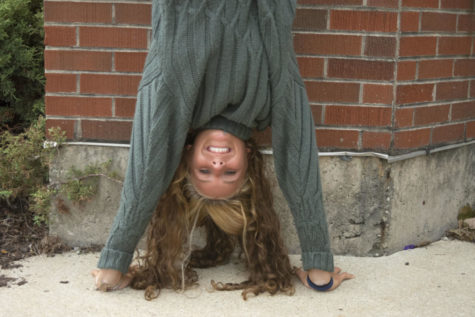


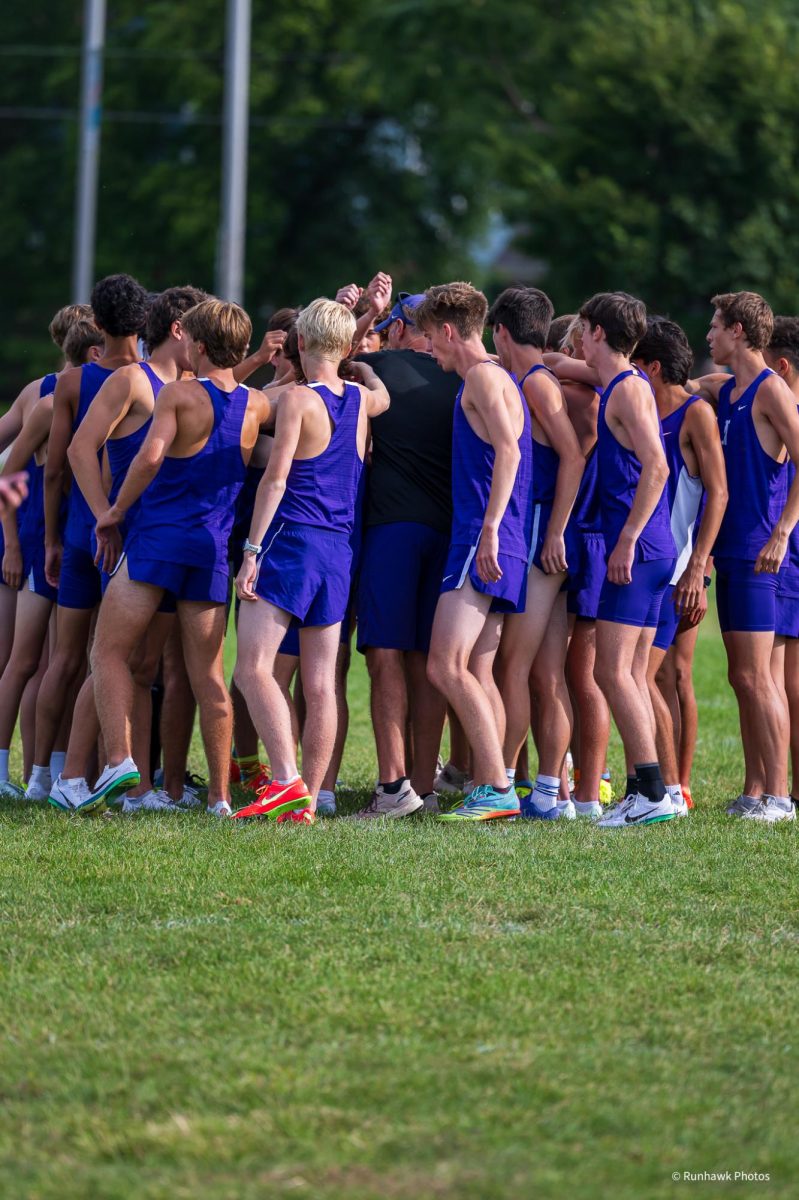
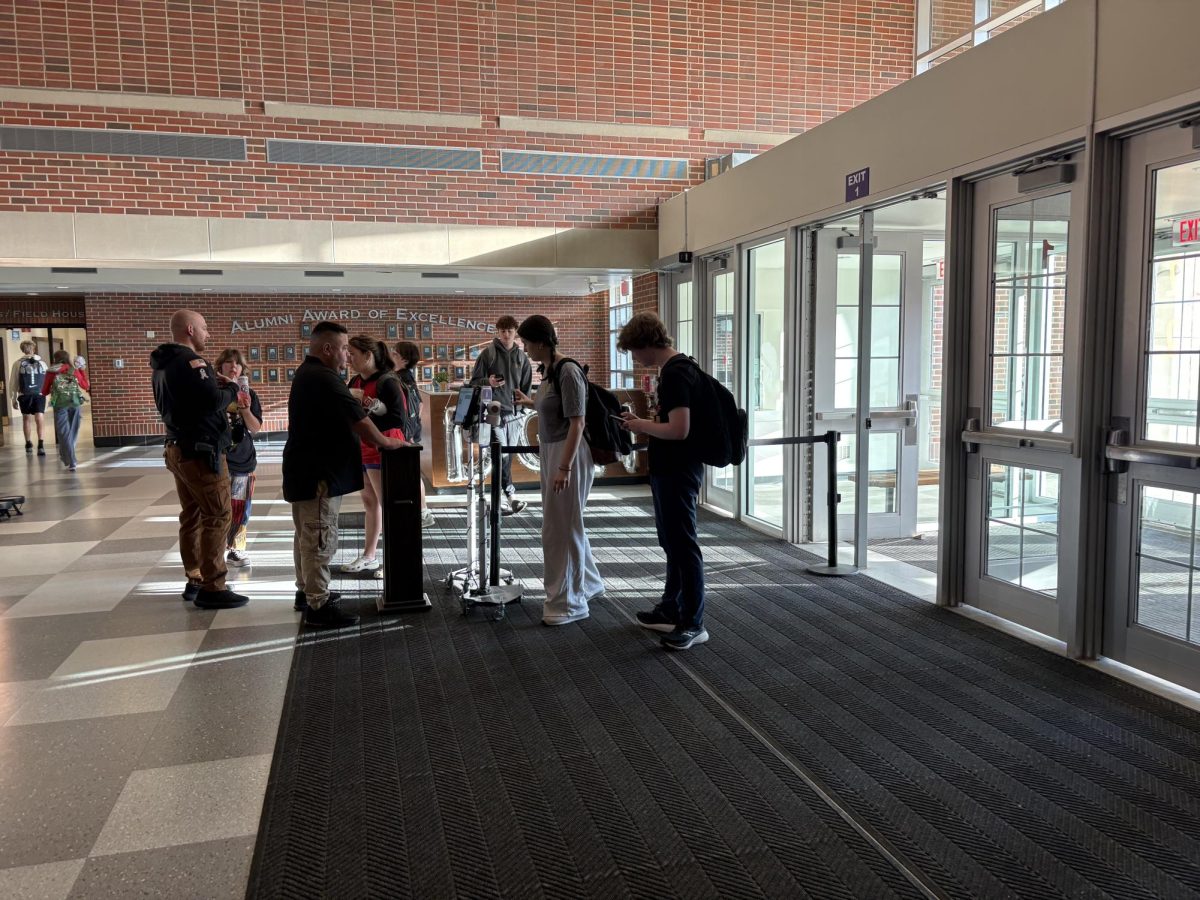
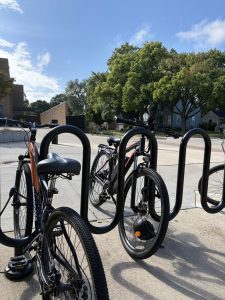
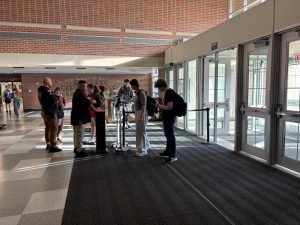
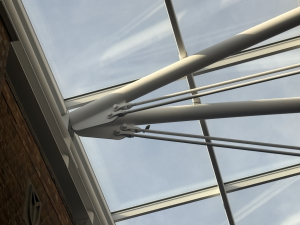





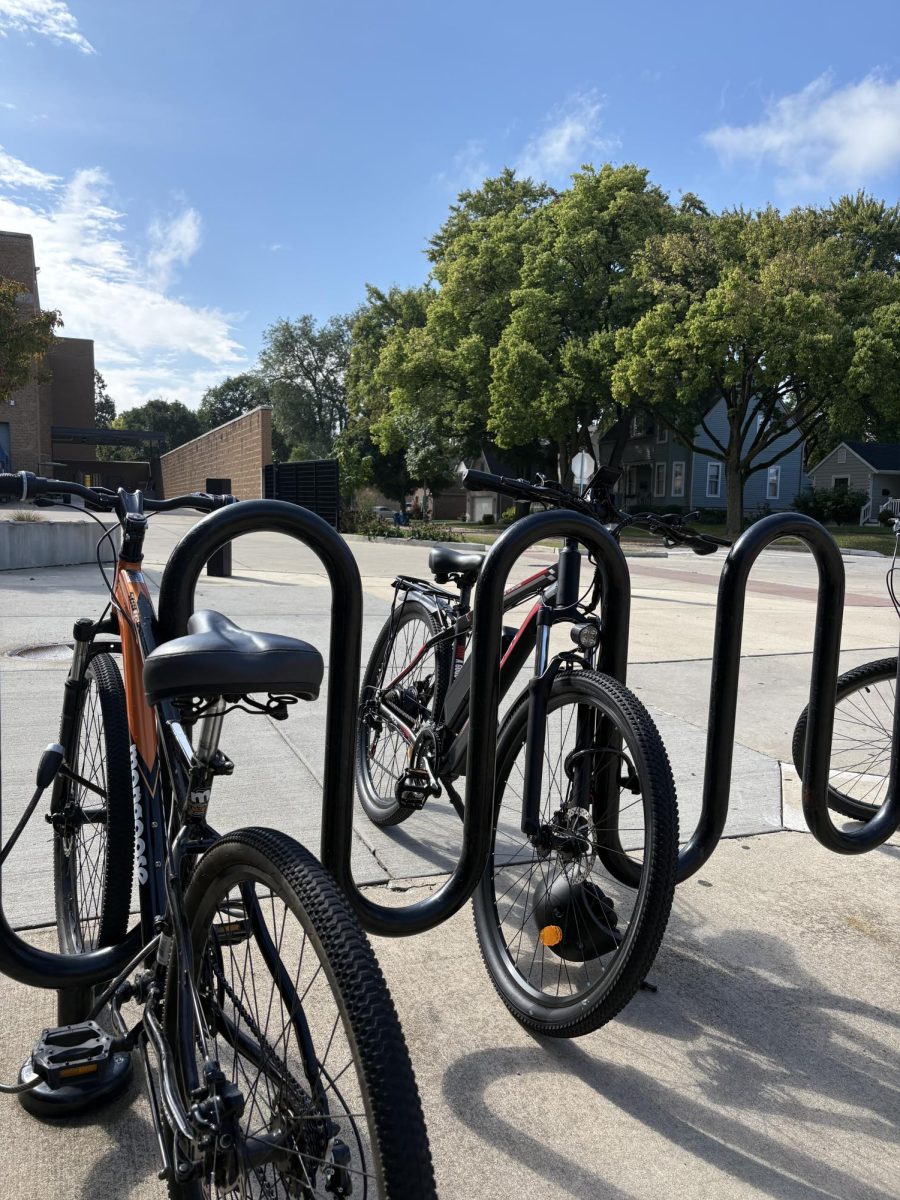


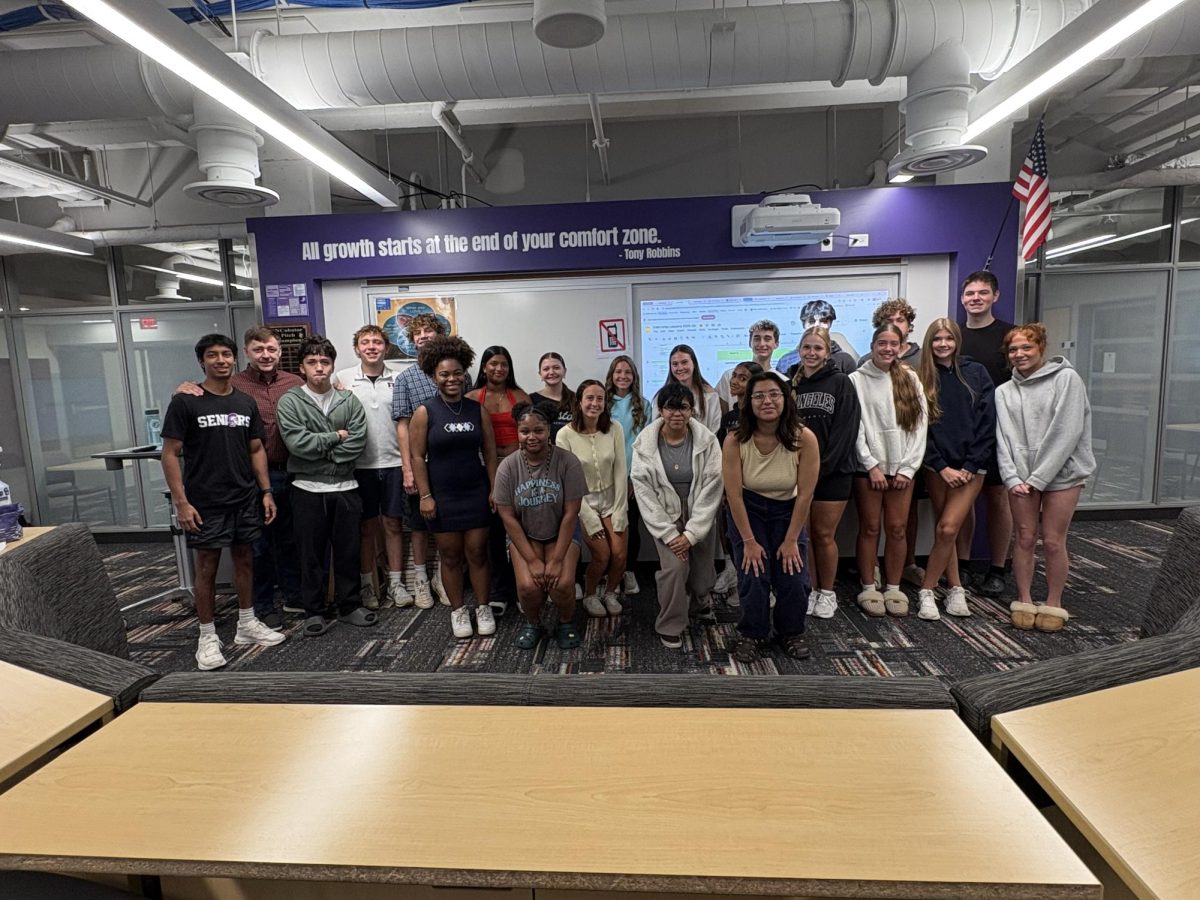

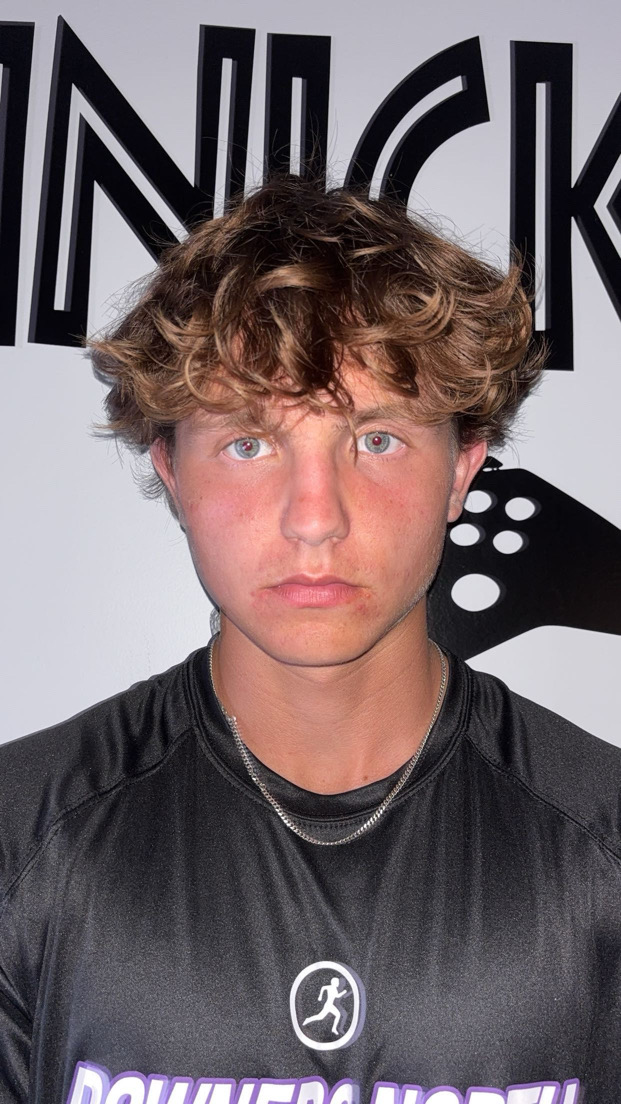
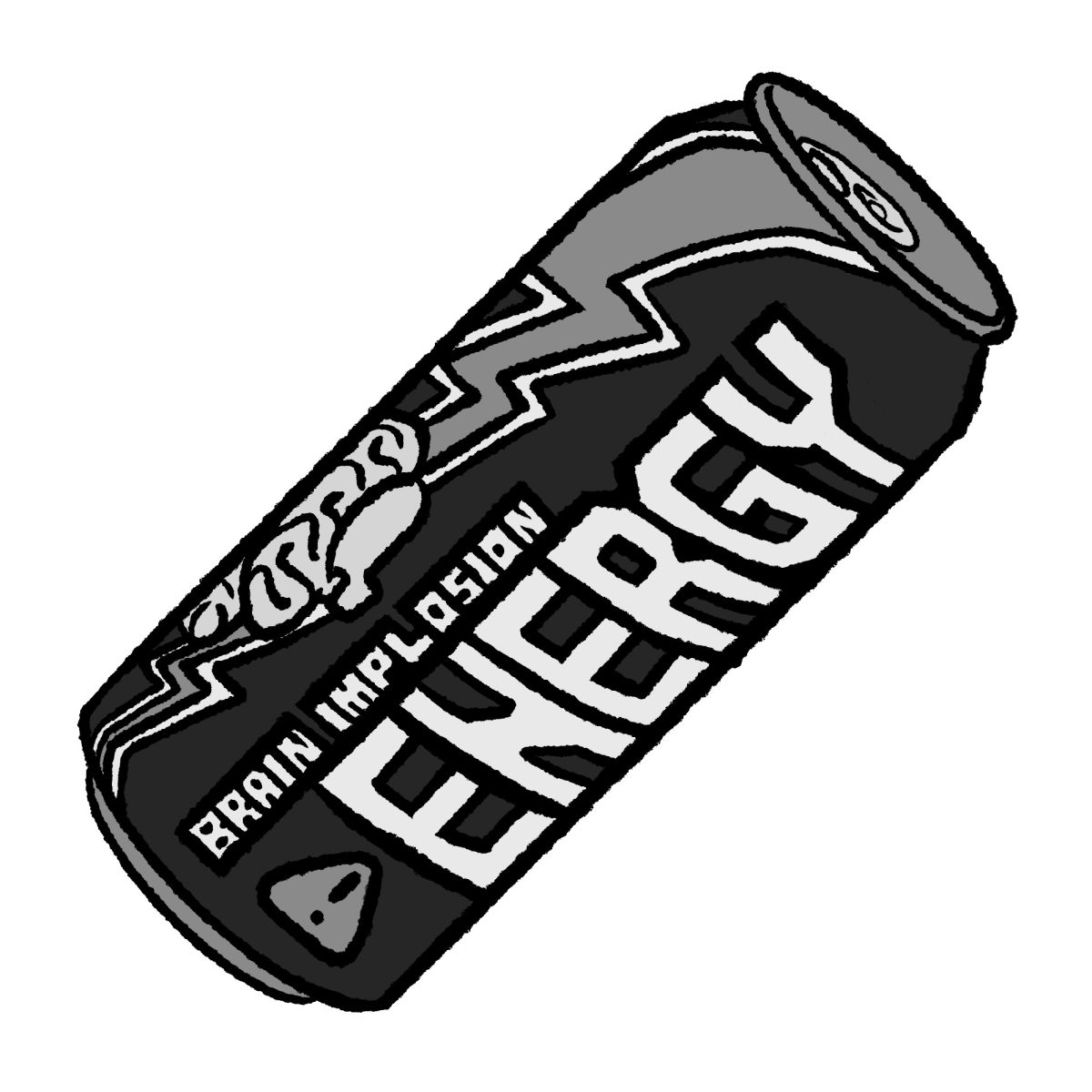





Beth Indelicato • Mar 15, 2018 at 2:46 pm
Sarah,
Great job on this article!!! This new policy is ridiculous and again only hurts our Varsity Student Athletes just like the heart rate monitor requirements. I was so glad to see you added the heart rate monitors into your article and how it can hurt an athlete’s GPA. Hopefully, this new policy will not pass as the powers at be will see how ridiculous it is. Varsity Athletes should NOT have to be mandated to have P.E. after their season is over to finish up the semester. P.E. is for kids who do not get exercise any other way.
Beth Indelicato